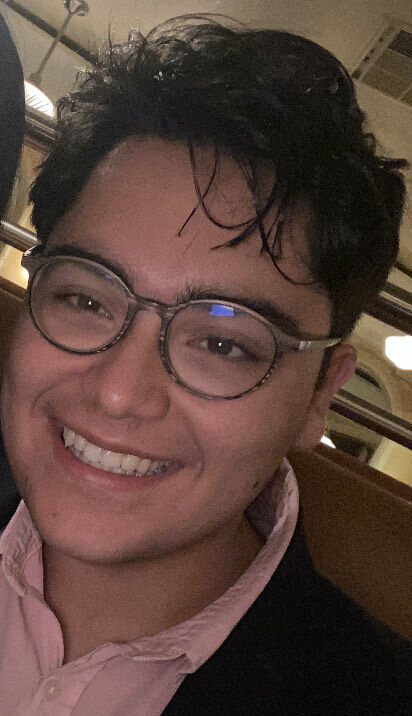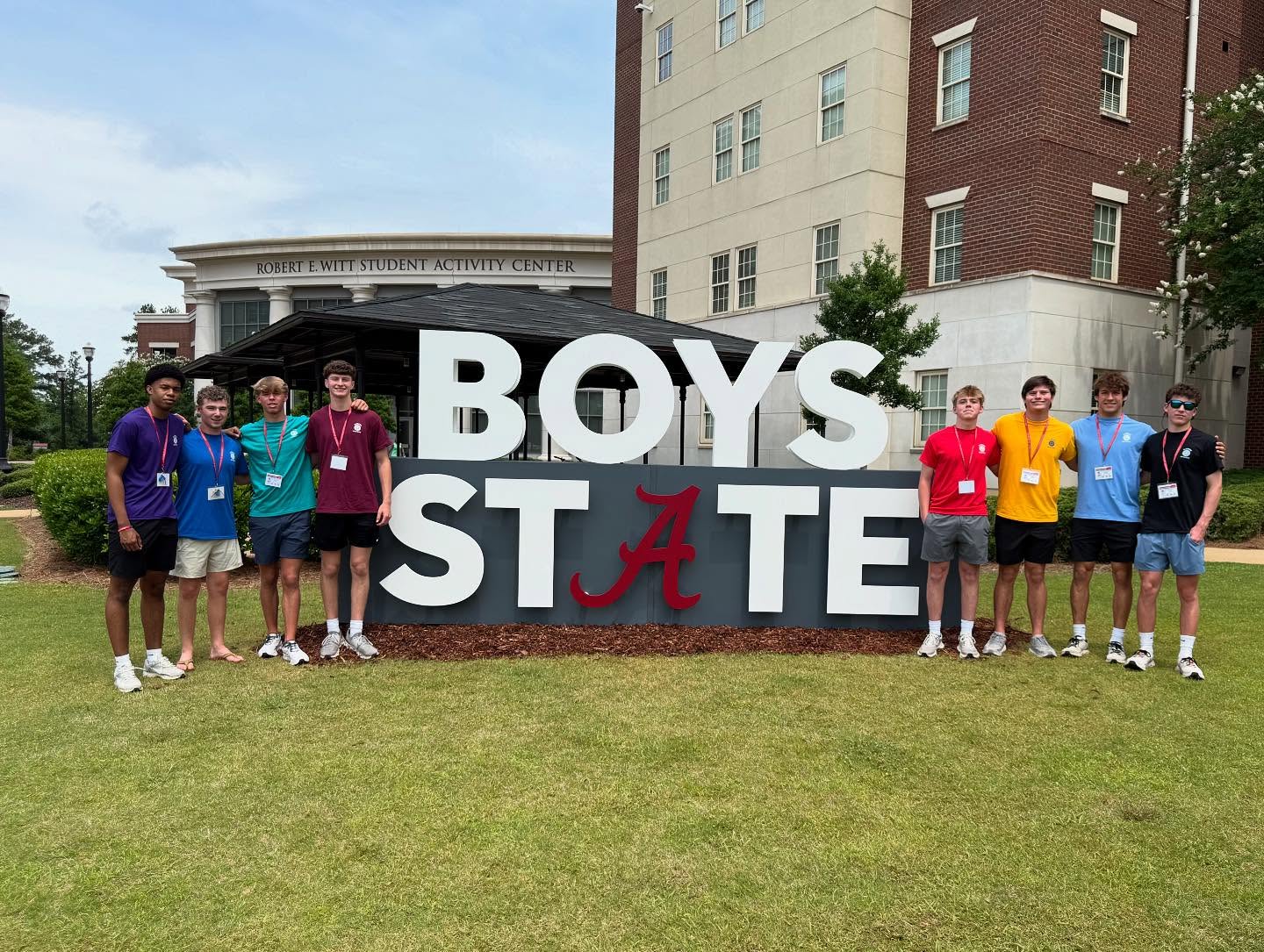(Other View) The unlabeled crisis
Published 12:00 am Monday, March 4, 2024

- Alp Turgut
Today’s college students are known for many things: Procrastinating a homework assignment until midnight. Overindulging Netflix on finals week. Eating ramen noodles instead of something with nutrients.
However, increasingly, American colleges — and their students — are being associated with a restriction of free speech. There have been ongoing controversies, such as in Stanford Law School, where the conservative Judge Kyle Duncan was shouted down by the liberal student population.
As a current college student, this discussion, while ever present in the campus political life, neglects to mention an even more challenging problem.
I go to school at the University of Alabama at Birmingham. In many ways, it is one of the most diverse schools in the country. There are many conservative and liberal students, rural and suburban/city-based students, a vibrant immigrant community and students that vary largely on the socioeconomic scale. With its diverse student body, one would expect UAB to be a leader in the expression of political speech.
However, while there are a wide variety of student organizations such as Turning Point USA and Youth Democratic Socialists of America, these political groups are not as active as one might hope and they rarely interact with each other.
In light of the political climate and awareness that many college students have not been exposed to the wide variety of ideologies on the political spectrum, I started an organization called Unlabeled in my college. It is an organization that is not politically aligned in any way. Its sole purpose is to promote discussion of ideas and ideologies without labels hurt free speech and promote ad hominem attacks.
In this organization, we have discussed and covered a variety of ideologies ranging from subvarieties of communism to transhumanism to libertarianism.
When I started this club, my biggest worry was how I would regulate the discussions from being overly heated and pugnacious. After all, the media and social media both indicate an overly polarized world where people cannot compromise. Yet, what I saw worried me more. Rather than people passionately arguing for their side, I saw a political atmosphere marked by hopelessness, malaise and apathy.
Undoubtedly, just as with any institution, there are students who are passionate about their ideas. Yet, the majority of the student body expressed little desire to engage in political discussion.
Many students on campus are either apolitical, or even if they are passionate about their beliefs, they believe that it is simply pointless to argue their points with others, especially with the other side.
They believe that it is a futile effort that will yield no fruit. Hence, they stick to friends and groups that share their ideas, creating echo chambers for themselves.
While these problems are not exclusive to my generation, the extent of this crisis is what has come to define GenZ. According to a poll from the Institute of Politics at Harvard Kennedy School, 42 percent said their vote “doesn’t make a difference,” 56 percent said “politics today are no longer able to meet the challenges our country is facing” and 36 percent said “political involvement rarely has tangible results.” According to the poll, these represent great increases despite the large youth turnout in the Presidential Election of 2020.
There have been worrying statistics that have prompted discussion. A poll from the Wall Street Journal found that the percentage of people wanting to have kids has fallen from 59 percent to 30 percent, the percentage of people who are patriotic has fallen from 70 percent to 38 percent and the percentage of people who value religion has fallen from 62 percent to 39 percent.
While, undoubtedly, some of this change is due to positive changes in culture, such as the increased attainment of education by women, there are also worrying trends that have contributed. Such trends include uncertainty about the future, a lack of trust in politics, worries about climate change and economic troubles.
What makes these problems daunting is that it will be up to my generation to face and resolve these obstacles. Already, a few members of GenZ are starting to participate in politics, such as Rep. Maxwell Frost, who is only 25. However, solutions to the worries expressed by my peers will most likely come from the political institutions governing this country.
I am not here to argue for a liberal or conservative solution to these problems. I think that each side has their fair share of valuable contributions that must be thoroughly analyzed and debated.
What I am here to argue for is that we must encourage youths to actively participate in politics. There are several key steps that we must take.
First, we must work to dismantle the faux pas of discussing politics in our society, especially in our K-12 education system. I am not arguing for teachers to discuss their ideas, but rather encourage students to discuss and reflect upon current events, regardless of age.
Second, we must ensure that incidents like the one in Stanford Law school, where conservative Judge Kyle Duncan was shouted down by the liberal student body, do not happen. Whether conservative or liberal, we must assure that people are heard so that we can have a more vibrant political environment.
Third, we must assure that schools support the right of students to engage in the political environment and even protest. For instance, during the 2019 Climate Change Protests, NYC schools permitted students to attend the protests without negative academic consequence.
These changes will take a tremendous amount of effort. Yet, they are necessary. We are a generation that is more aware of current events than ever before thanks to technology, yet simultaneously we experience some of the highest rates of political apathy. This is not a healthy environment for encouraging change. It serves to only further the feelings of helplessness and hopelessness for the youth.
We must bring more attention to this unlabeled problem. Regardless of your political beliefs, it is clear that there is a crisis among youth, reflected in changes in outlook to life and even an increase in mental illness.
One of the most effective solutions we have is to promote our youth to engage and work within the system to bring attention to their needs and concerns. As some of the most influential movements in the past indicate, such as the Civil Rights Movement, change in society is not possible without the support of the youth. It is in the best interest of all of us to encourage youths to educate themselves about politics and participate in the political process, so that we may hope to change the political environment that no one seems to be content with.





